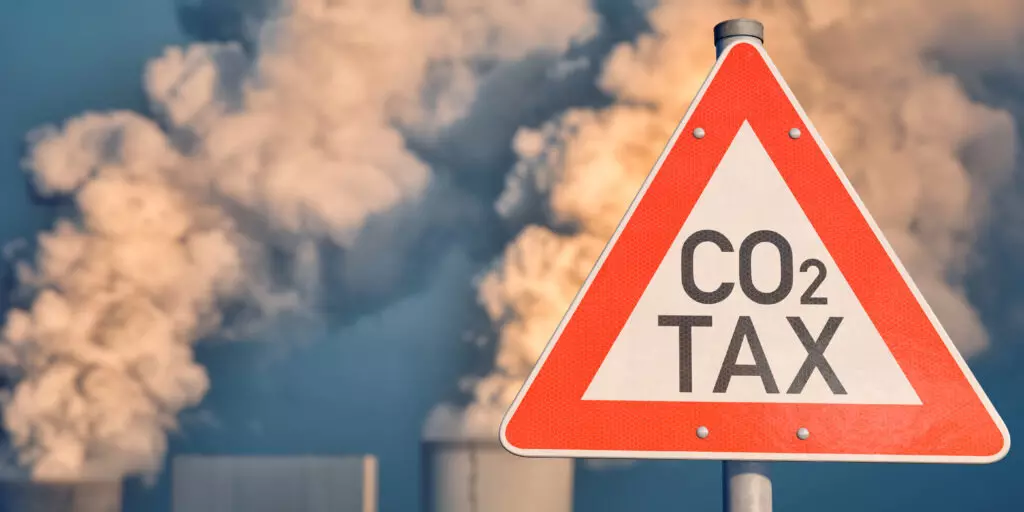EU carbon tax may have limited impact on domestic primary aluminium producers
The indirect emission primarily results from the production of electricity that is subsequently consumed in the smelting process. in case the indirect emission is also included in future, then the impact would be severe, equivalent to 27-30% of the current aluminium prices, as domestic entities are significantly dependent on the coal-fired power plant for sourcing electricity
image for illustrative purpose

New Delhi: Rating agency Icra on Tuesday said that the proposed European Union's carbon tax may have a limited impact on the domestic primary aluminium producers. The CBAM (Carbon Border Adjustment Mechanism) or carbon tax (a kind of import duty) will come into effect from January 1, 2026. "The Carbon Border Adjustment Mechanism (CBAM) ruling on exports to the European Union (EU) will have a limited impact on the domestic primary aluminium producers. This is because the present notification covers the financial impact w.e.f January 1, 2026, on direct process-related emission only, while excluding the indirect emission, which contributes 80 per cent to the total emissions in the primary aluminium production process," Icra said in a statement.
The indirect emission primarily results from the production of electricity that is subsequently consumed in the smelting process. India exported around 0.7 metric million tonnes (24 per cent of exports) of primary aluminium to European countries in FY23. However, unlike steel, the carbon tax is not expected to materially impact the export competitiveness of the domestic primary aluminium players, as the taxes arising from CBAM are likely to remain in the range of $50-140 per metric tonne between 2026 and 2034, which would be 2-6 per cent of the current aluminium prices, Jayanta Roy, Senior Vice-President and Group Head, Corporate Sector Ratings, ICRA said.
However, in case the indirect emission is also included in future, then the impact would be severe, equivalent to 27-30 per cent of the current aluminium prices, as domestic entities are significantly dependent on the coal-fired power plant for sourcing electricity. This is unlike the situation in the European Union, which has mostly switched to hydro power with almost 60 per cent lower carbon intensity, he explained.
The European Union, the second largest aluminium-consuming block globally, signed the CBAM regulations in May last year, laying the framework for the imposition of taxes on embedded carbon imports from six sectors, which include aluminium, steel, cement, hydrogen, electricity, and fertiliser. In CBAM's 'Transitional Phase' between October 1, 2023 - December 31, 2025, the focus will be on the reporting of carbon, but without any financial adjustment for EU importers. However, from January 1, 2026, the EU importers will have to buy CBAM certificates, corresponding to the embedded emissions above the EU Emission Trading System (EU-ETS) benchmark levels. The price of these certificates will be linked to the weekly average carbon prices at the EU-ETS.

